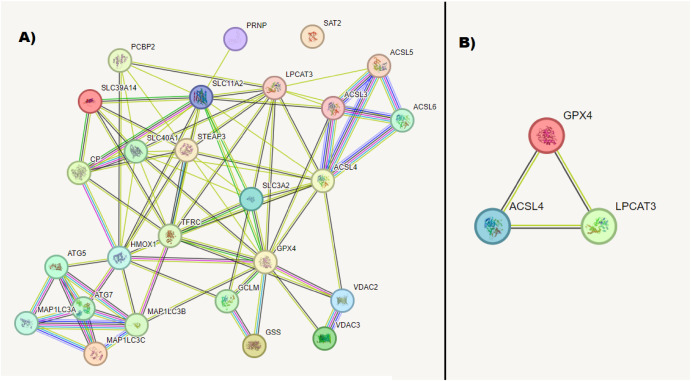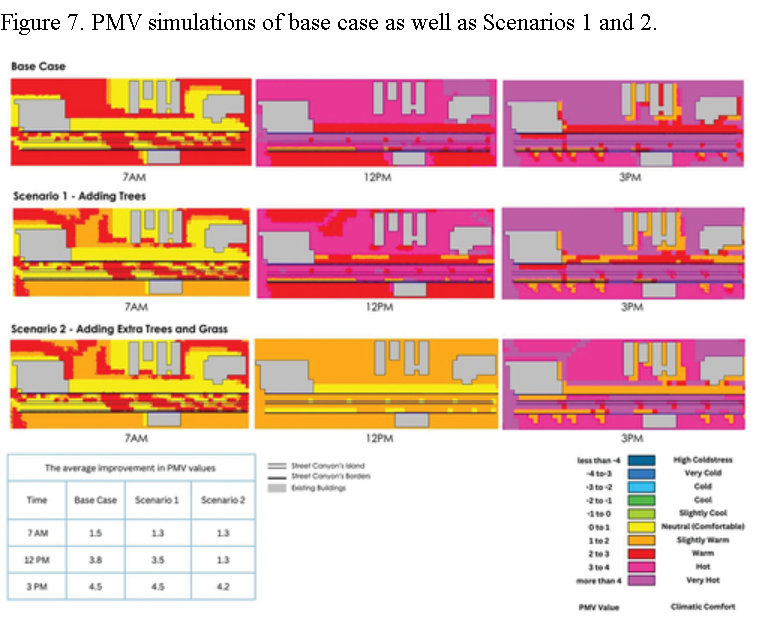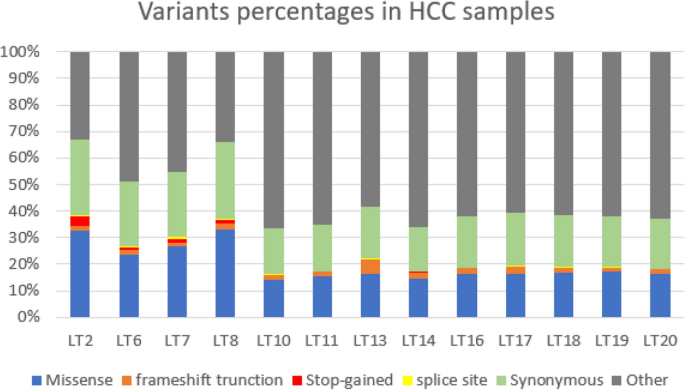
Equal-priority multiple access communications with minimum queuing delay
In this paper, a multiple-access wireless network consisting of two transmitters and one receiver is considered. The transmitters can access the same channel simultaneously and the receiver performs successive interference cancellation (SIC) to decode the messages from both senders. A two-dimensional Markov chain is used to model the medium access control layer behavior of the system, where the state represents the queue length of the transmitters. In this model a general number of packets can be transmitted from any user in a single time slot. A probabilistic cross-layer scheme is proposed to regulate the transmission process between both senders and the receiver. The proposed scheme probabilistically selects the number of packets transmitted from each user and the SIC decoding order at the receiver in order to achieve minimum total average packet delay while satisfying the power constraints for each transmitter. The problem is formulated as a constrained optimization problem then transformed it to a set of convex feasibility problems that can be solved efficiently using the bisection algorithm. © 2014 IEEE.



